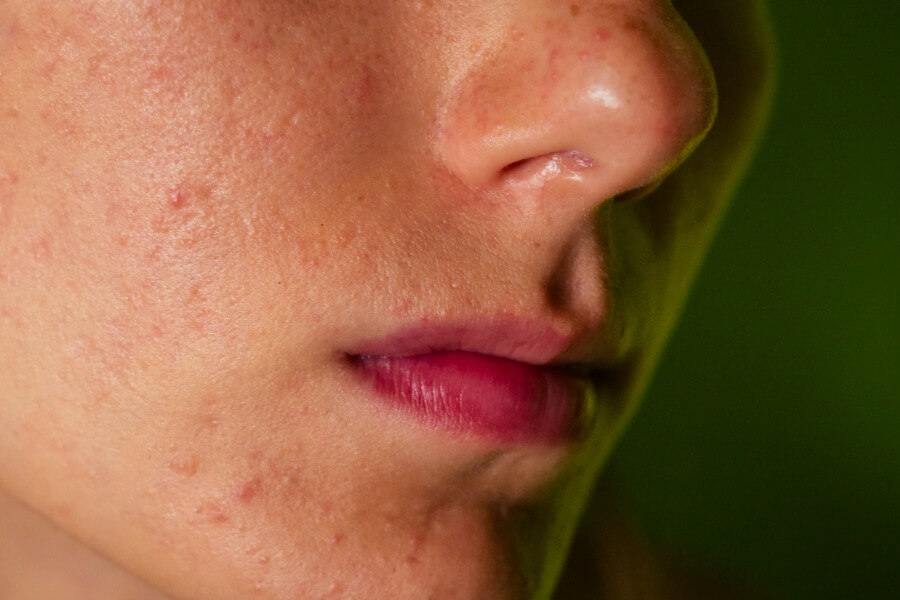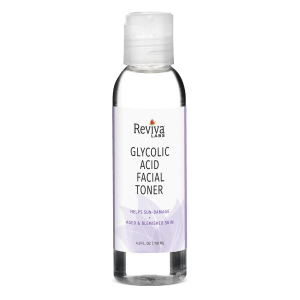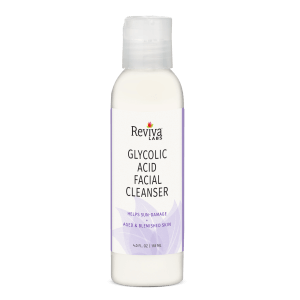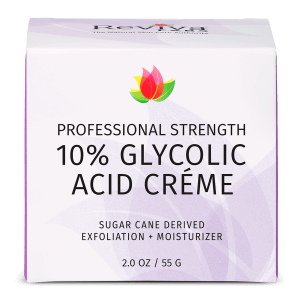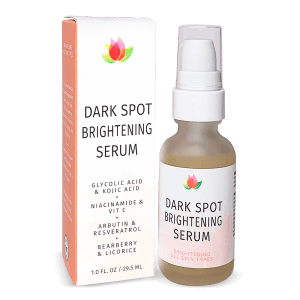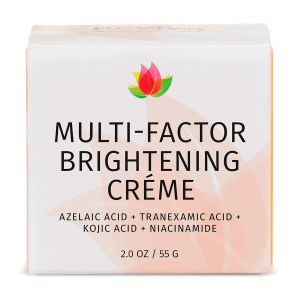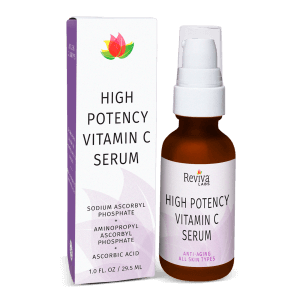Reviva Labs, Skin Care
Understanding Acne Scarring
Acne scarring is a common concern for many individuals, especially those who have experienced severe or persistent acne. The journey from active acne to scarring can be distressful, but understanding the underlying causes and effective treatments can empower individuals to improve the appearance of their skin.
What Causes Acne Scars
Acne scars often develop because of the body’s natural healing process as it tries to deal with inflammatory blemishes. When breakouts penetrate the skin deeply, as is the case with inflamed or cystic acne, it damages the skin and the tissue beneath it. As the acne clears, the body tries to repair this damage. During the healing process, the body produces collagen—a substance that gives the skin support. If the body produces too little or too much collagen, you will see a scar. The type of scar depends on how much collagen your body makes. Depressed acne scars, or atrophic scars, are the most common. They occur when the body produces too little collagen, which creates depressions or pits in the skin. Conversely, raised acne scars, known as hypertrophic scars or keloids, occur when the body produces too much collagen.
Key Factors Contributing to Acne Scarring
Several factors contribute to whether a person will develop acne scars. One way to know if you are likely to scar is to look at your family members. If they have acne scarring, you are more likely to see scarring too. Additionally, the severity and duration of acne can play a crucial role in scarring. Blemishes that are deep in the skin, and that last for long period of time are more likely to result in scarring. And, perhaps the most common factor contributing to scarring is the neglecting, popping, or picking at severe acne. This behavior can exacerbate inflammation, which can increase the likelihood of scarring not to mention the spreading of acne.
Preventing and Minimizing Acne Scarring
Caring for skin that is susceptible to acne scarring involves a combination of prevention, treatment, and maintenance. Keeping the skin clean and adequately moisturized is a fundamental step to preventing acne. Additionally, it’s essential to choose skincare products that align with your skin type and avoid those that can cause further irritation or exacerbate acne issues.
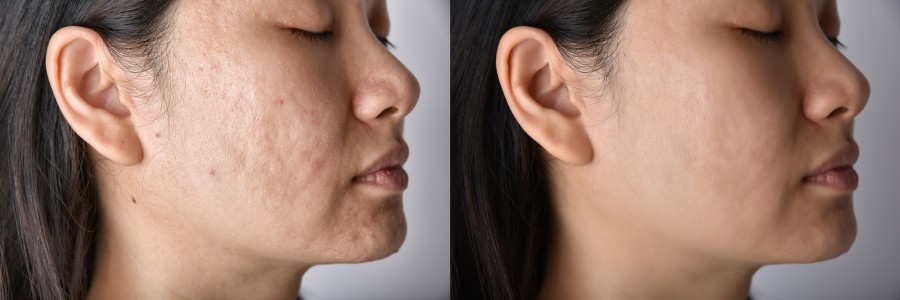
Skincare Ingredients That Help Diminish Acne Scars
Certain skincare ingredients have proven effective in reducing acne scarring. These ingredients promote skin regeneration, collagen production, and skin smoothing.
Alpha Hydroxy Acids (AHAs)
AHAs, such as glycolic acid and lactic acid, are key for exfoliating the skin’s surface and removing dead skin cells. Regular use of AHAs can help make acne scars less noticeable and improve skin texture.
Beta Hydroxy Acid (BHA)
Salicylic acid, a common BHA, works deeply to help dissolve debris that clogs pores and aids in normalizing the lining of the misshapen pores that contribute to acne.
Retinoids
Topical retinoids are another cornerstone of acne scar treatment. They speed up cell regeneration, improve skin texture, and can significantly diminish the appearance of acne scars over time.
Vitamin C
An antioxidant that is essential for the skin’s healing process, Vitamin C can help reduce the appearance of scars by promoting collagen formation and mitigating redness.
Niacinamide
Niacinamide, or vitamin B3, helps to reduce skin inflammation and hyperpigmentation. It also helps improve the skin barrier function, by decreasing the amount of oil that the sebaceous glands produce. Less oil means better prevention for future acne outbreaks.
Hyaluronic Acid
While hyaluronic acid will not directly reduce scarring, it can help improve skin texture and resilience by providing significant hydration to the affected areas.
Professional Treatments for Acne Scars
For those with significant scarring, professional dermatological treatments can be effective. Chemical peels, which involve applying a strong acid to remove the top layer of skin, help reduce deeper scars. Laser therapy, another popular option, uses focused light therapy to either remove the outer layer of the skin or stimulate new skin cells to form. Micro needling, where tiny needles prick the skin, aims to stimulate collagen production to make scars less noticeable.
Maintaining Healthy Skin
While dealing with acne and its aftermath can be challenging, maintaining a consistent skincare routine tailored to your needs is critical. Incorporating gentle cleansing, appropriate moisturizing, and targeted active ingredients can aid significantly in managing acne-prone skin and reducing scarring. Additionally, a balanced diet rich in antioxidants, omega-3 fatty acids, and vitamins can support skin health from the inside out.
Further Reading and Resources
For more information and a deeper understanding of how to manage acne scarring, the following link provides access to the study mentioned earlier, offering extensive insights into the prevalence and impacts of acne scarring: American Journal of Clinical Dermatology.



